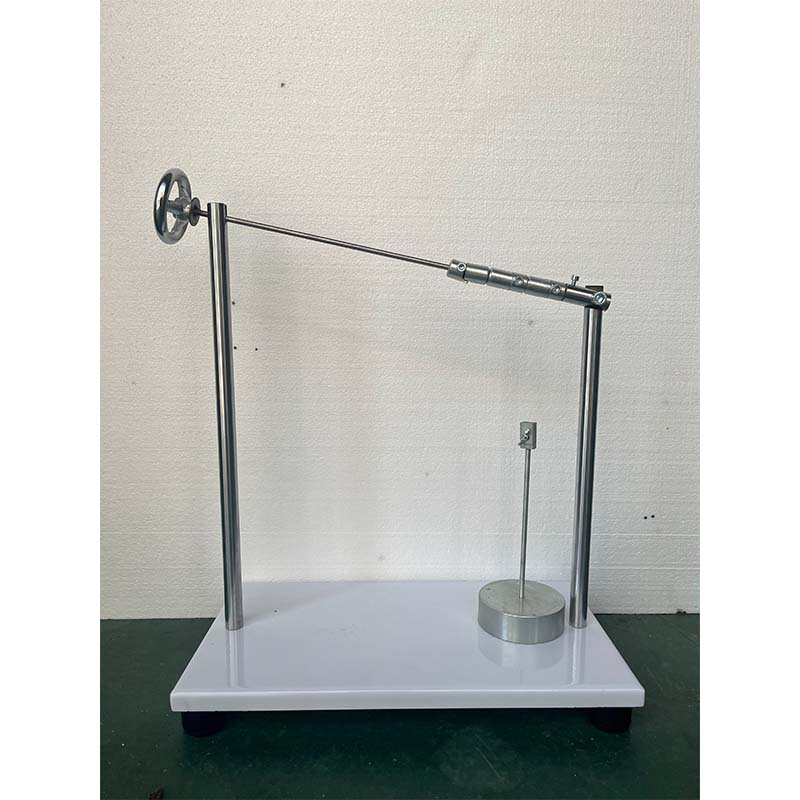manual tensile tester machine
Understanding the Manual Tensile Tester Machine
The manual tensile tester machine is a crucial instrument in material testing that allows engineers and manufacturers to determine the mechanical properties of various materials
. This device plays a significant role in assessing tensile strength, yield strength, elongation, and other important characteristics essential for ensuring the quality and reliability of materials used in various applications.One of the primary functions of the manual tensile tester is to conduct tensile tests, which involve applying a unidirectional force to a material specimen until it fails. The setup typically includes a frame, load cells, grips, and a measurement system. The material sample is securely clamped between the grips, and the machine applies force gradually, while the deformation of the material is recorded.
The process begins by preparing the specimen according to standardized dimensions. This is critical because accurate results depend on uniformity across samples. Once set up, the operator initiates the test by applying load until the specimen either yields or fractures. The data collected during this process is crucial for understanding the material's behavior under stress, which is vital in engineering applications, product development, and quality control.
manual tensile tester machine

Manual tensile testers are valued for their simplicity and reliability. They are often used in educational settings, laboratories, and small-scale production environments where budget constraints, space limitations, or specific testing requirements may not justify the investment in automated equipment. Operators can gain hands-on experience with the mechanics of tensile testing, enhancing their understanding of material properties.
Moreover, the manual tensile tester is designed to be user-friendly, often featuring straightforward mechanical levers and straightforward readouts. This allows operators to connect directly with the testing process, developing a more intuitive understanding of material behavior. The hands-on nature of manual testing also provides an opportunity for troubleshooting and fine-tuning which can enhance the accuracy of results.
However, while manual tensile testers are more accessible, it is essential to note their limitations in terms of speed and precision compared to automated systems. They may require more time to conduct tests and could introduce human error in measurements. Therefore, it is imperative to follow stringent procedures to ensure consistent and reliable results.
In conclusion, the manual tensile tester machine is an indispensable tool for evaluating the mechanical properties of materials. Its straightforward operation combined with the invaluable data it provides makes it an essential part of material science and engineering. Understanding its functionality and application can greatly enhance the quality and performance of materials across various industries.
-
Reliable Performance Testing with Advanced Aging Chamber Solutions
NewsAug.23,2025
-
Advancing Precision with Profile Projector Technology
NewsAug.23,2025
-
UV-LED Ultraviolet Crosslinking Technology: Innovation and Prospects
NewsAug.23,2025
-
Ensuring Safety and Compliance
NewsAug.23,2025
-
Electrical Properties Testing in Modern Applications
NewsAug.23,2025
-
Universal Tensile Testing Machine Applications in Modern Electrical and Material Testing
NewsAug.23,2025
 Copyright © 2025 Hebei Fangyuan Instrument & Equipment Co.,Ltd. All Rights Reserved. Sitemap | Privacy Policy
Copyright © 2025 Hebei Fangyuan Instrument & Equipment Co.,Ltd. All Rights Reserved. Sitemap | Privacy Policy

